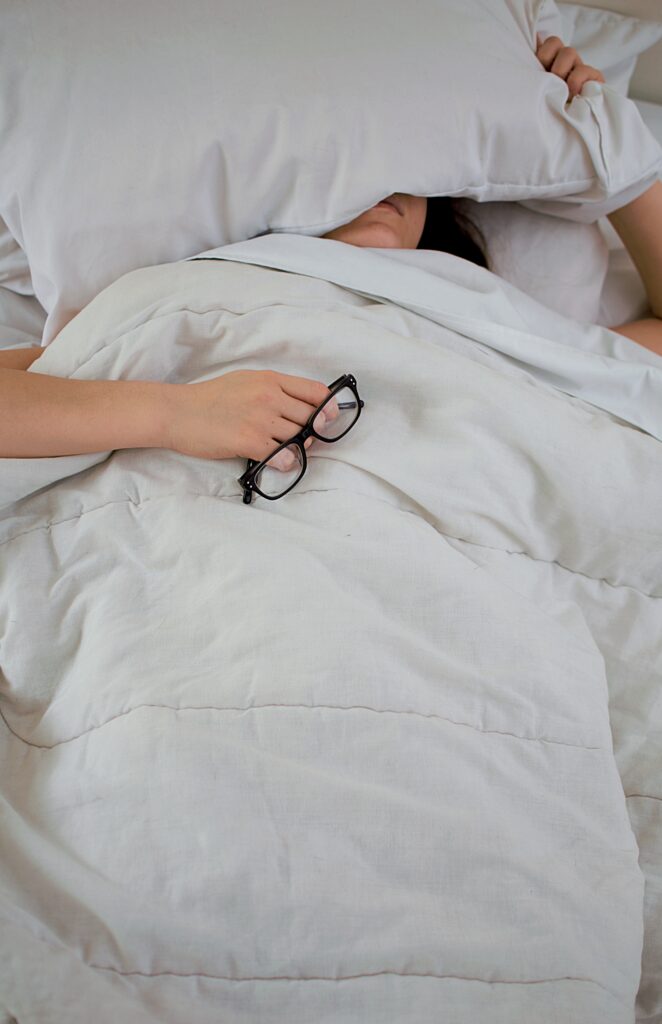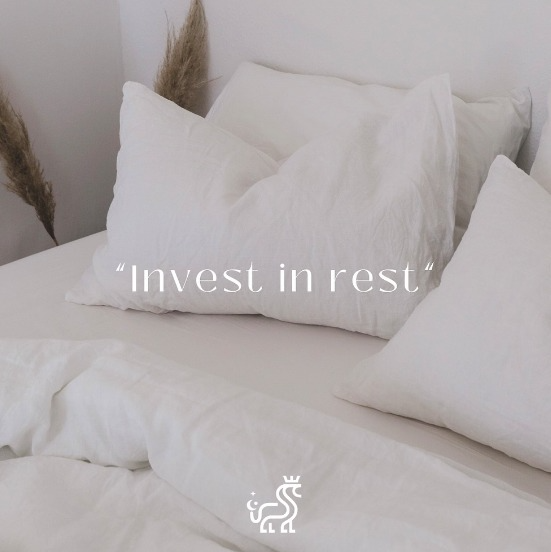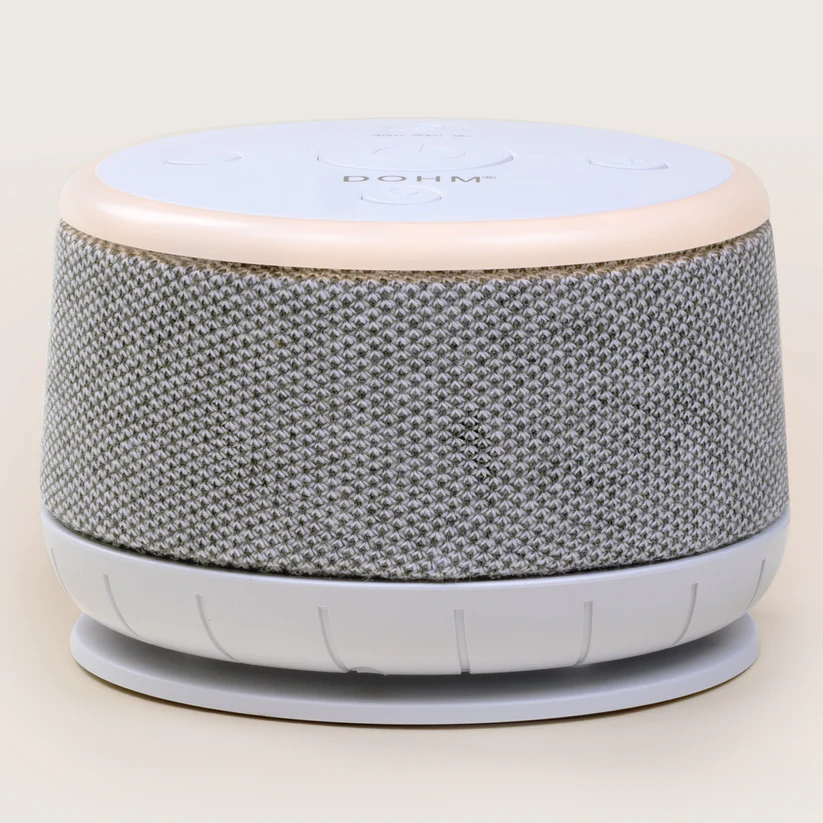
One of the most important things you can do for overall health and well-being is: sleep.
Healthy sleep is essential for optimum energy, immunity, cognitive ability and physical strength and resilience. Good sleep helps to slow the aging process and reduce risk of illness and disease—everything from the common cold to heart disease.
While you’re asleep, your body works to:
- repair tissues (including those involved in muscle growth and healing injuries)
- regulate hormone levels (including those that control appetite, metabolism and stress)
- form new pathways in your brain for learning and memory
- process and regulate emotions
Given the essential work the body does during sleep, lack of sleep can noticeably affect all bodily functions.
With all the essential physiological functioning and repair that happens during sleep, emphasis on good sleep is one of the first and best things you can do to improve your overall health and well-being.
Here are some of the benefits of quality sleep:
- Increased energy
- Strengthened immune system
- Heightened alertness, focus and creativity
- Improved mood
- Improved physical performance and ability to build muscle
how much sleep do you really need?
Everyone requires quality sleep for optimal health and well-being, but the number of hours can vary depending on individual and age group. The National Sleep Foundation and Centers for Disease Control recommend 7-9 hours for adults.
But, it’s not only how much you sleep that matters—how well you sleep impacts your health as well.
Healthy sleep cycles are governed by our innate circadian rhythm, which can be intricately affected by lifestyle factors such as our diet, exercise habits, stress and exposure to light throughout the day. If you have trouble sleeping, either in quantity or quality, here are our tips for getting better sleep (naturally!).
the difference between early birds and night owls
Although we all have approximately the same 24-hour circadian rhythm that governs our sleep patterns, there is some variance in the timing of these rhythms.
Early birds prefer to wake up at or around dawn and function optimally at this time (40% of the population falls in this category). Night owls prefer going to bed late and waking up late (this accounts for about 30% of the population). The remaining 30% feel best somewhere in between.
Your circadian rhythm leaning is strongly determined by genetics. Unfortunately, night owls tend to be more chronically sleep-deprived due to modern school and work schedules.
I am obsessed with sleeping…this girl loves her sleep so a few things that I need is a dark room a good mattress and some tools to help me stay sleeping. Here are a few essentials that I will never be without…my orange sleep mattress designed for the discerning sleeper, this medium-firm mattress offers adaptive support and cooling technology to elevate your sleep to everyday luxury…grab yours through the pic below…the next tool I use daily is a sound machine to block out all the noises keeping me up and lastly CBD to help with the perfect nights sleep 🙂



